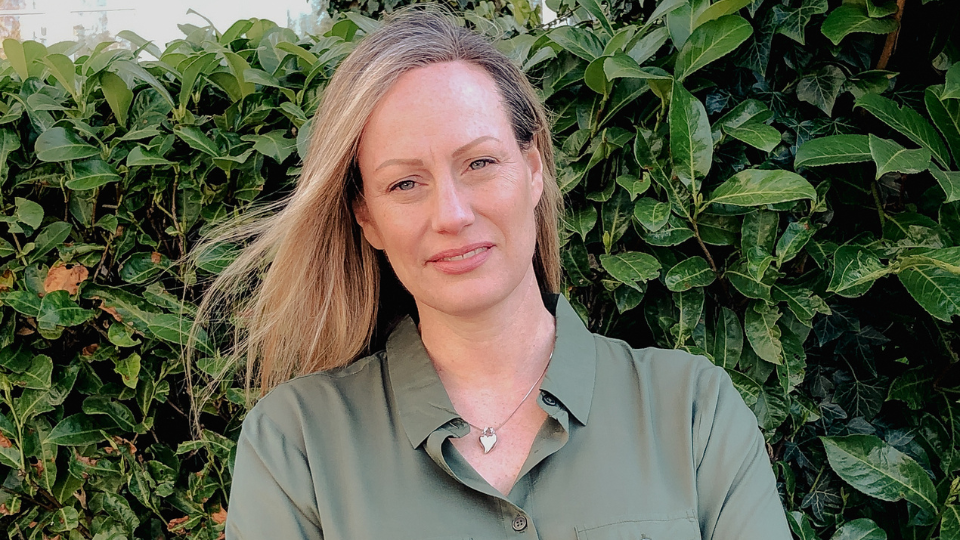Article based on webinar delivered in February 2024 – ‘How behavioural science can support the cultivation of authentic leadership.’ Author: Ross McIntosh In this article I’ll present my conceptualisation of the skills from Acceptance and Commitment Therapy (ACT) to support leaders in the development of…

Embracing Regenerative Marketing: Building Authentic Connection in Business Psychology Practices
Authored by, Wendy Kendall C.Psychol AFBPsS. Principal Coach, Inspiring Psychology practices
Marketing is just another hat we must wear outside our client work, isn’t it?
What if we could repurpose the way we work with clients to market our practices?
As business psychology practitioners, our online marketing strategies play a crucial role in connecting with people in our intended audiences.
However, the experience of being online can be overwhelming and triggering, especially since the pandemic, and traditional marketing approaches may not always align with our values or skill base.
Regenerative marketing moves beyond the transactional nature of traditional marketing, focusing on resourcing people in the communities we serve and building longer-term relationships.
It’s an online extension of what we do in the offline world already!
When we bring our empathy for our clients to our online communication, we can create a better online environment for both practitioners and clients, reducing the risk of burnout and fostering more human connection.
To achieve this, I suggest five key principles:
- Be the guide, not the guru: As business psychologists, we should position ourselves as a guide, coming alongside our clients to support them in gaining perspective on their challenges. This approach allows us to be more human, admitting that we don’t have all the answers and acknowledging our own uncertainties. In our online communication, create content that focuses on clients, adding perspective and insight while being curious.
- Understand the change journey: Recognise that the people connecting with your online content are in different places in their change journey. Create content that meets clients at each stage, resourcing them by helping them feel understood and supported even before they become paying clients. Providing long-term support can lead to more work with clients or word-of-mouth referrals.
- Speak for safety: The online world is built to be triggering, and it doesn’t always feel like a safe space. Focus on creating content that helps clients feel safe, hopeful, and contained rather than using emotionally triggering language and scarcity. Strive to make your website and online presence a safe place for clients to be.
- Move people through story: Use elements of storytelling to engage clients and create a more meaningful connection. Stories can help shift clients from patterns of protection to patterns of connection. But storytelling is powerful because it’s something we work with every day in our business psychology practices, making it more relatable for us than listing features and benefits.
- Nurture a sense of safety for yourself online: Explore what helps you feel more comfortable when creating content to market your practice. Do you generate your best ideas for blog posts when walking through your local forest? Great! Do that! Do you prefer writing, creating videos, doodle-sketching or speaking? Do whatever feels best to you. Find a rhythm, structure, and place to be present online where you feel comfortable.
By adopting these principles, we can offer hope, share insights, and provide step-by-step processes to help clients feel resourced and skilled even before they pick up the phone.
Rather than marketing our services based on triggering our clients’ deepest fears, we can build trust and allow clients to make more resourced decisions about the services they need.
In business psychology practices, it’s essential to recognise that building trustful relationships with our audience may take time. Our clients may not be ready to trust immediately, which is why it’s crucial to demonstrate how we build relationships, share insights into our processes, and offer options that best suit their needs.
Providing this level of transparency and support helps clients feel more at ease and creates a stronger foundation for a successful professional relationship.
Regenerative marketing is an effective way to extend our roles as psychologists, facilitators, and coaches, using the online space and technology to foster authentic connections with our clients.
By embracing this approach, we can also make a lasting, positive impact on the communities we serve, even those who don’t become paying clients.
Marketing our practices in this way means we’re embodying the ABP’s principles of inclusivity, being informative, connection and visibility, in a way that supports the people and organisations around us.
You can view the recording from Wendy’s recent event: ‘Marketing in a Burnout World: Strategies to Build Online Connection without Compromising our Well-being or Values’ via the Member Area here.



